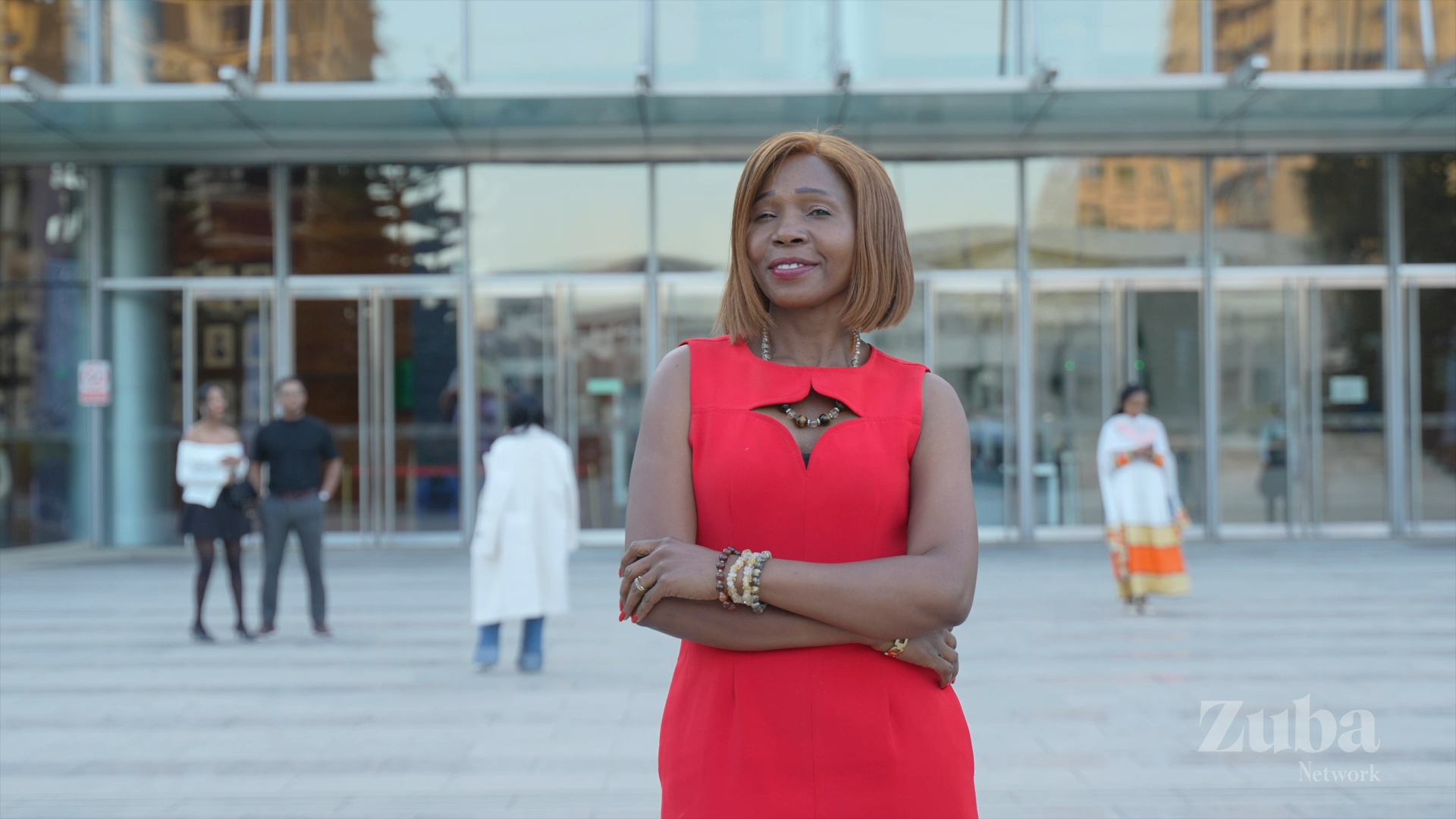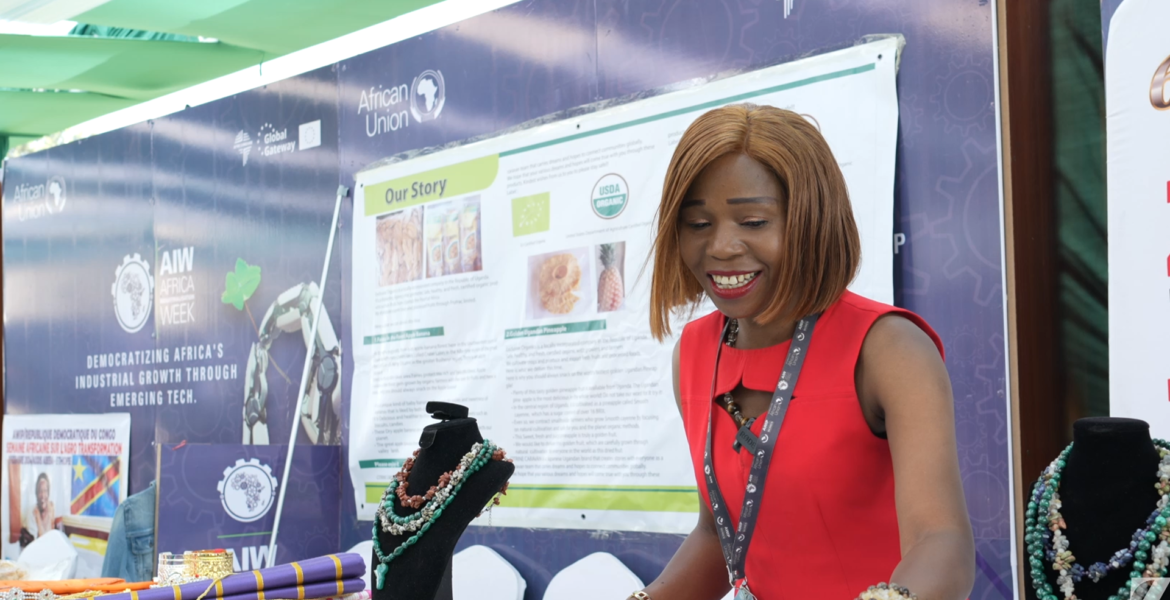In Zambia, the Mansa Women in Mining Cooperative is forging a path in an industry that has long sidelined them. For these women, the stones they are mining are not just minerals, but rather symbols of hope, resilience, and the untapped potential of women in Africa’s mining sector.
The mining sector is the second largest contributor to Zambia’s economy, accounting for 17.5% of the nation’s GDP and over 70% of foreign exchange earnings in 2021. Yet, women remain largely excluded from its rewards.
However, can this determined group of women change the status quo?
Zuba Network recently spoke with one of the cooperative’s trustees, Aggie Nalavwe Beardsmore, at the 3rd African Women in Processing Forum in Addis Ababa, Ethiopia. She shared how the cooperative came together to address the economic challenges facing women in Zambia and explained why external support is critical to their success.
More in the video below
“We are doing mining, the actual mining, and then we are also doing the processing, and making jewelry. So it’s right from mining up to the finished product.”
Initially comprising ten members, the Mansa Women in Mining Cooperative has since expanded its reach to impact 50 women in surrounding communities. “When we started the cooperative a lot of our women were doing badly financially, but now we have seen that they can send their children to school, get quality health treatment and the food security in the homes has also improved.”
Currently, the cooperative markets its products locally, selling to buyers from India and China who operate within their province. But Aggie says the vision is bigger: expanding into other African markets and beyond.
Despite its success, the cooperative faces a number of challenges. “First of all, we don’t have the equipment and our women are not trained. So we would want a situation where our women are trained to polish these stones because we want to sell them as finished products. That is where our value goes up. What is happening right now is that when these minerals are mined, they are sold as raw products. The buyers are taking advantage of us. We don’t have the tools, we travel, like, 800 kilometers to find the place where there is machinery to have them processed.”
Aggie says they are currently taking advantage of entrepreneurship capacity-building platforms and exhibitions to garner the necessary support to take their activities to the next level. She is optimistic about opportunities under the African Continental Free Trade Area (AfCFTA).
“Representing our women here at the African Women in Processing, I have learned about trademarks, I have learned about patenting our products, and how we can improve working on our products so that they meet international standards. Because we’re not just talking about selling these products where I am coming from only. What I have learned here is that we need to meet a certain standard so that our products are sold to the world out there. And we will be doing so.”
Aggie envisions a bright future for women in mining, with the right partnerships and support.
“I believe if women in mining are empowered, knowledge-wise, technical-wise, then we can have the bargaining power, sell these products at a good price and empower our communities.”
Her advice to other women in processing is simple; unite and collaborate. “Yes, as women, we are hardworking but we need to work as one. Look at the products that are being showcased here, all these are being produced by women. It means that when we are empowered and we work as one, we can do great things.”

This feature is part of Zuba Network’s coverage of the 3rd African Women in Processing (AWIP) Forum, held in Addis Ababa, Ethiopia, under the theme “Taking Advantage of Opportunities Under the AfCFTA—A Path to Prosperity.” An initiative of the African Union, the forum provides a platform for African women in processing to collaborate, share best practices, and explore regional opportunities.

